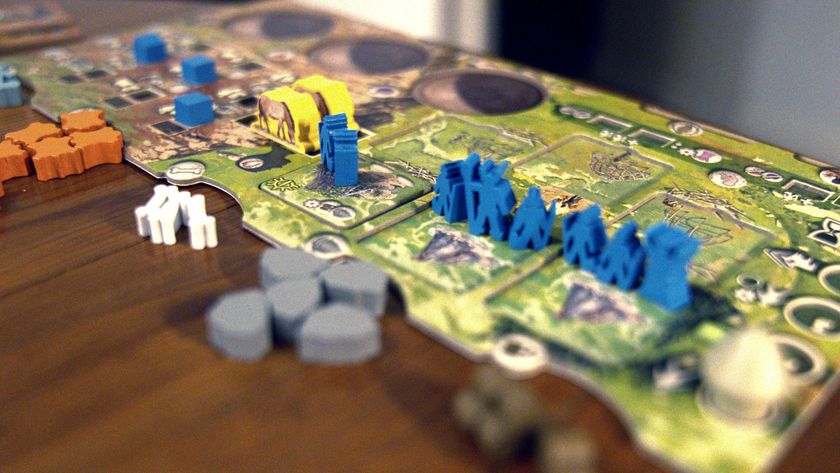Why you can trust 12DOVE
Based on a true story (and adapted from the autobiography by Harrer, which artfully omits mention of his SS membership), Seven Years In Tibet is a beautiful, worthy, The Last Emperor-type tale of the mysterious Far East. This is undoubtedly an epic feature, but one which attempts to make its subject matter palatable to a wide audience by ensuring that the lead character is a handsome, generally good-natured Aryan-type (here a bleached blond Brad Pitt at his most Redford-esque).
Becky Johnston's script takes a series of huge historical events (the effect of global war on the isolated Himalayas, the boyhood of the Dalai Lama, the invasion of Tibet by communist China) and reduces them down to mere background for a Boy's Own adventure which focuses on the much less interesting Harrer.
Pitt's wobbly-accented performance as the obsessive mountaineer is far from his best, throwing up unfortunate comparisons with his vowel-mangling outing in The Devil's Own. The real problem is that the insufferably arrogant and proud Harrer (who wades through a good two-thirds of this movie in a state of Teutonic overload before mellowing) demands the kind of overly-mannered, arse-skewered-on-a-pole performance that sits uncomfortably with Pitt's easy-going, camera-bewitching naturalism. Thewlis is a much more believable choice as the quietly resolute Aufschnaiter, countering Harrer's towering self-absorption with an understated integrity. Although it's hard to believe that Lhasa's beautiful seamstress - - neatly played by Lhakpa Tsamchoe - - would choose the undernourished Englishman over hunky, floppy-haired Brad.
Still, Seven Years In Tibet works best when it eventually gets round to detailing its hero's spiritual awakening at the hands of the adolescent Dalai Lama (a brilliant debut by Jamyang Jamtsho Wangchuk), who requests that Harrer tutor him in the ways of Western culture. Wangchuk's energetic performance - - all open-faced enthusiasm and eagerness to learn - - injects some welcome humour into the proceedings (he's the eldest Von Trapp child to Pitt's Maria), but only provides temporary respite from Jean-Jacques Annaud's leaden pacing and pseudo-earnest tone.
The director's finished film is the perfect showcase for Robert Fraisse's spectacular mountain photography (actually shot in the Andes), but he can't disguise the fact that Harrer's adventures are low on excitement. The movie's major set-pieces - avalanches, mountain top rescues and the climactic attack of Mao's army - have a half-hearted, seen-it-all-before feel, as if Annaud was trying to rush them out of the way so he could get back to his beloved widescreen images. As a result, Seven Years In Tibet is a seemingly endless succession of breathtaking picture postcard landscapes which add up to... well, nothing much, really.
This is a beautifully-framed, peculiarly emotionless feature that feels like the longest travelogue ever made (but it's really only 130 minutes - - much, much shorter than The Last Emperor or The English Patient). Seven Years In Tibet is by no means a terrible film, but anyone who doesn't instantly moisten up at the thought of beautiful, blue-eyed Pitt should wait until this hollow, overly-simplistic retelling of Tibet's darkest hour shows up on video, where it can be enjoyed during a lazy afternoon with plenty of breaks for industrial-strength coffee.
Jean-Jacques Annaud turns one of the 20th century's most dramatic tales of socio-political upheaval into a $70 million update of The Sound Of Music. But without the songs. Beautiful cinematography though.
The Total Film team are made up of the finest minds in all of film journalism. They are: Editor Jane Crowther, Deputy Editor Matt Maytum, Reviews Ed Matthew Leyland, News Editor Jordan Farley, and Online Editor Emily Murray. Expect exclusive news, reviews, features, and more from the team behind the smarter movie magazine.
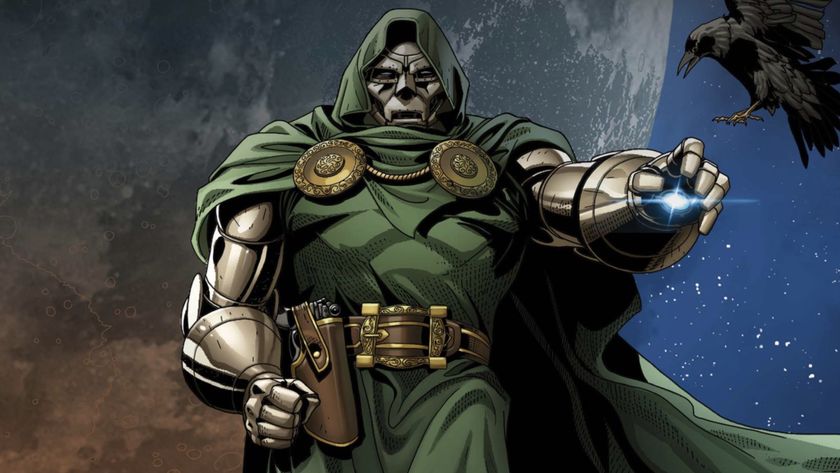
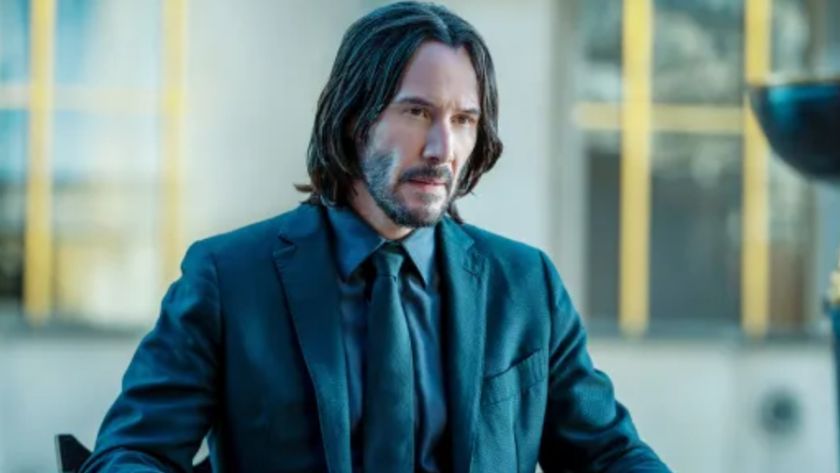



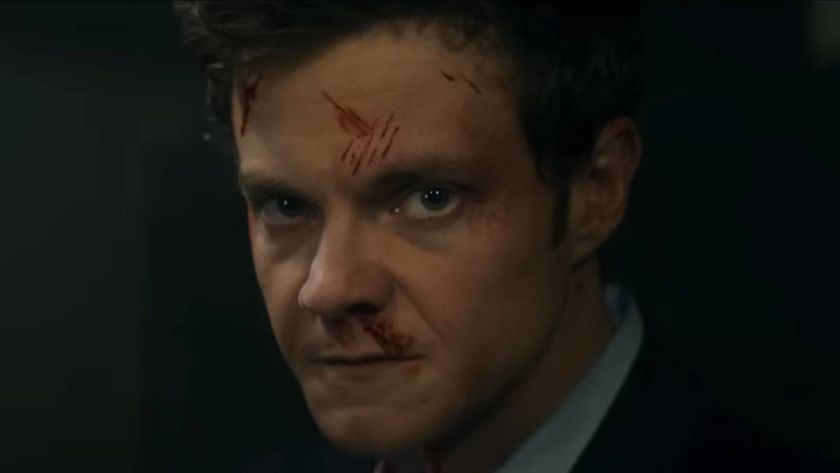

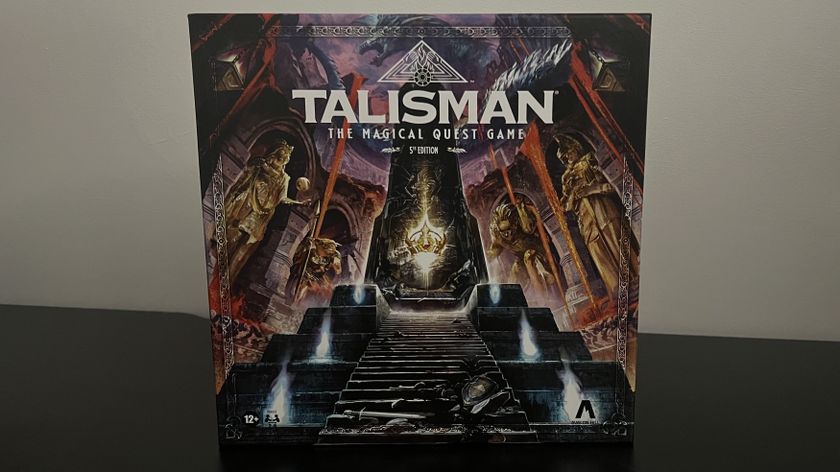
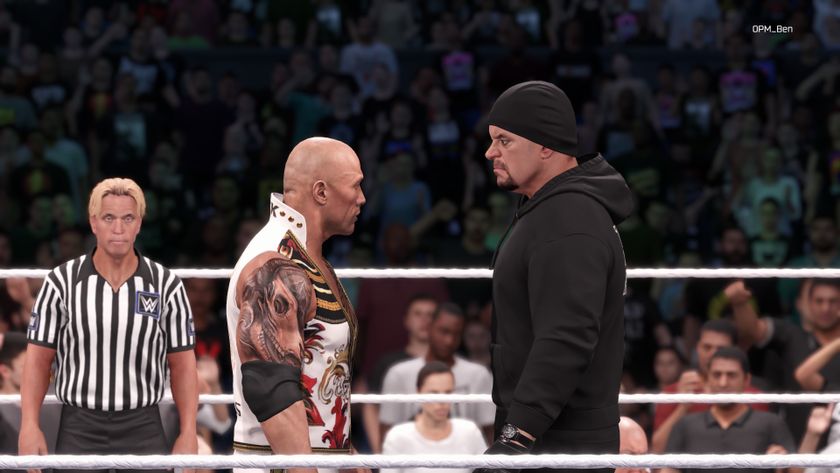
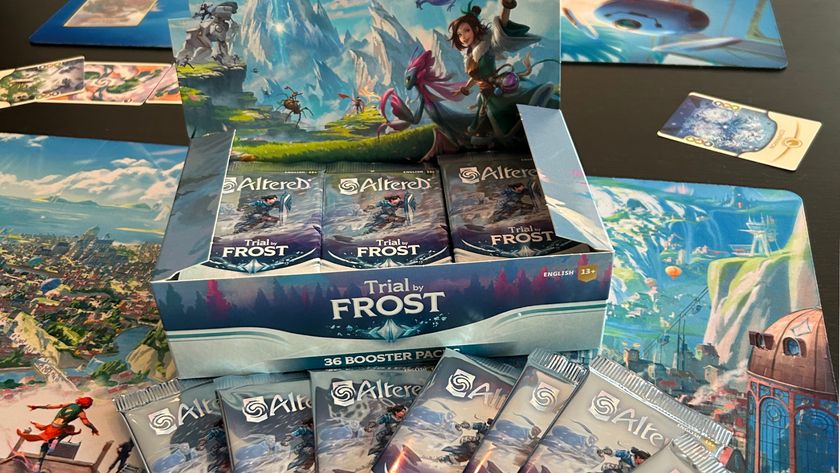

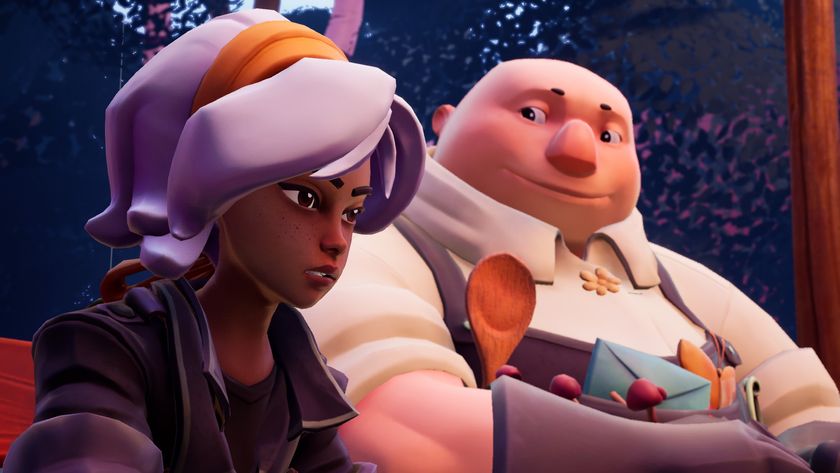

World of Warcraft guild cheats its way to winning Race for World First, gets caught, banned, then reverses its name and does it all over again
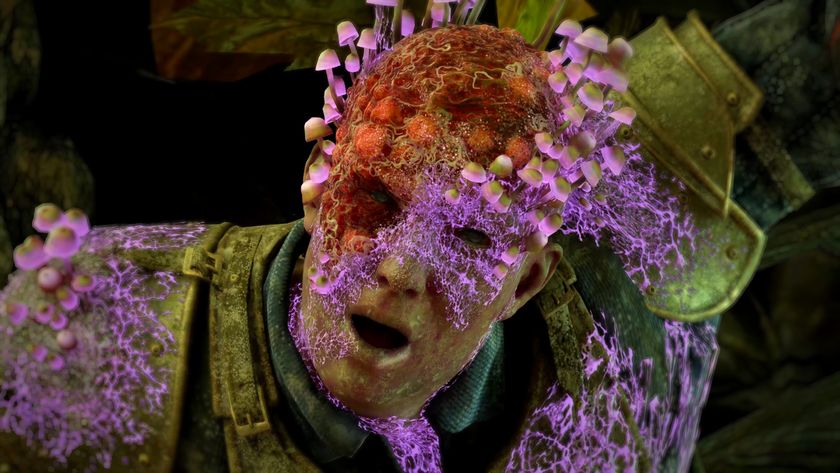
I thought I was going evil in Avowed, but one quest changed everything I thought I knew about morality in this RPG
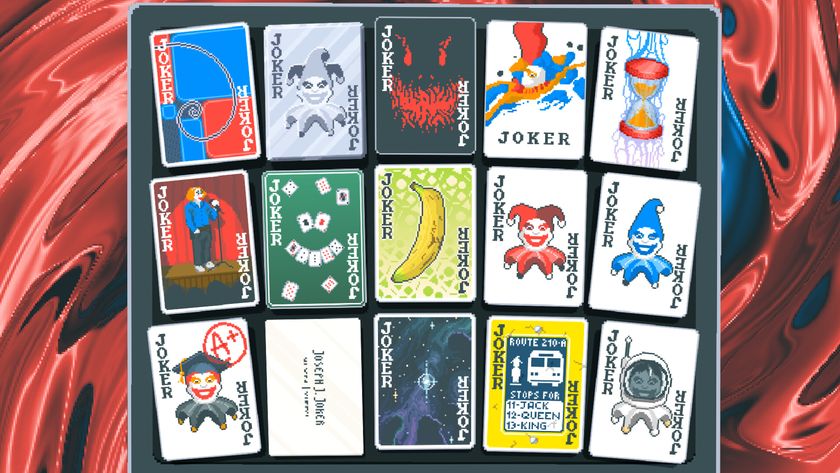
Balatro creator hits back at AI art spread on the roguelike's subreddit: "I don't use it in my game, I think it does real harm to artists of all kinds"



